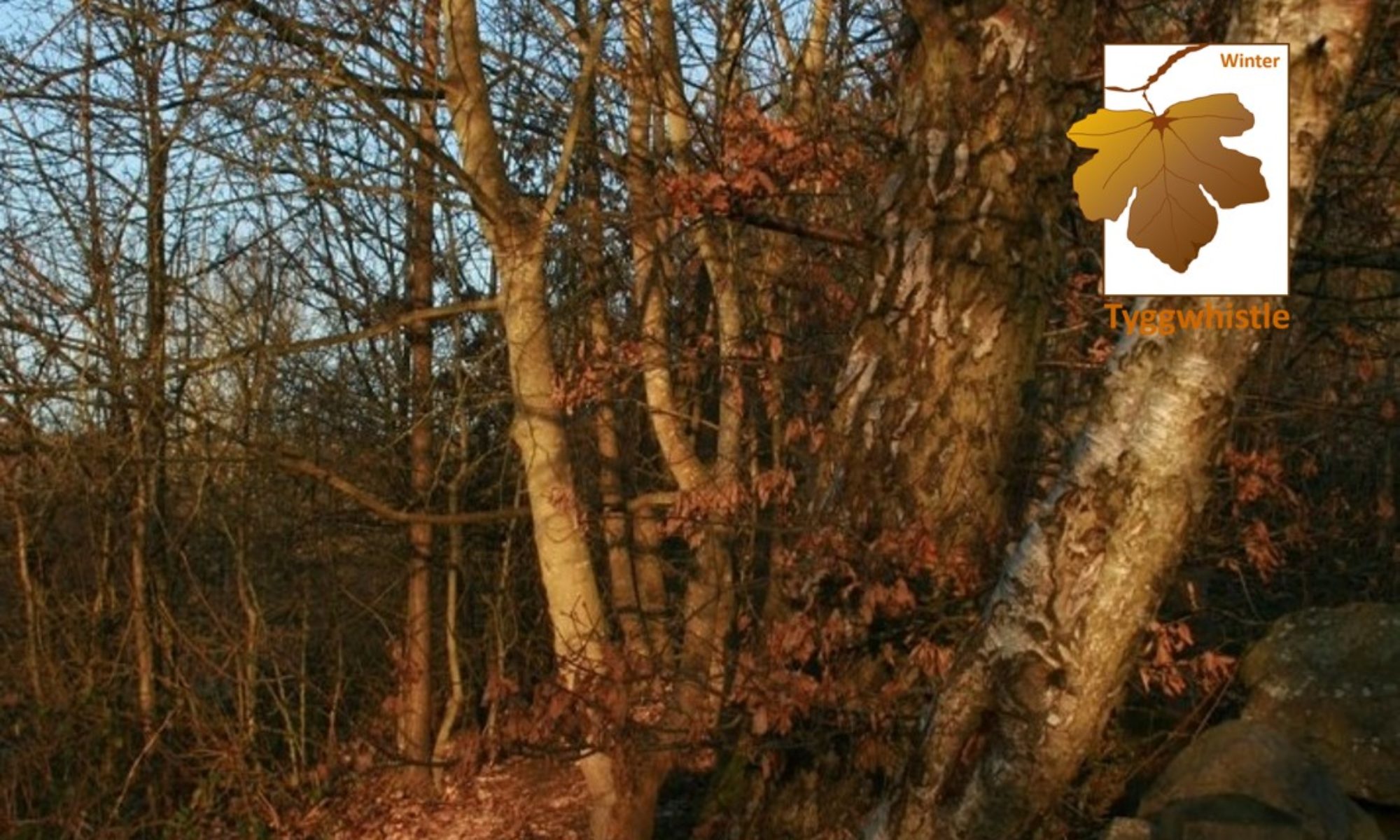Introduction to Forest School
Forest school is a child centred way of learning which takes place in a woodland setting and aims to develop the learners social, emotional, spiritual, cognitive and linguistic abilities through mediated play. Having worked extensively with children in main-stream settings, Tyggwhistle believes that Forest School is a valuable means of addressing the increasing emotional and cognitive problems that children face as a result of the connected, competitive environment of modern life.
Forest School practitioners are required to undertake appropriate accreditation and are registered with the Forest School Association. To find out more about the origins of forest schools, click on the link below.
Forest School Ethos
Forest school is play centred. Tyggwhistle believe that children learn best when the learning is in response to their own curiosity. This does not mean that adults can not guide learning by throwing down a challenge or making a suggestion. It does, however, mean that the suggestion will be abandoned if there is no appetite from learners to proceed in this direction.
At Tyggwhistle structure is placed on learning through careful monitoring and effective child led review and reflection. Each learner has a learning file which summarises their learning success and which forms part of the reflection process. Photographs of achievements form an effective part of this evidence.
It is important that all adult participants understand this ethos and how to support guided play. If you are planning to support or participate in Forest School, we recommend you read the school Play Policy. A link is provided below.
The Forest School Principles
The Forest School Association has established a code of 6 principles which set out the ethos of forest school. These are summarised below, together with a statement as to how Tyggwhistle plan to deliver on these principles.
Principle 1: Forest School is a long-term process of frequent and regular sessions in a woodland or natural environment, rather than a one-off visit. Planning, adaptation, observations and reviewing are integral elements of Forest School.
We will achieve this by running weekly sessions that encompass all seasons. The initial sessions will establish a safe environment through the setting of boundaries and behaviours. Subsequent sessions will be guided by a collaborative discussion between learners and the team so that the objective of learning through play is achieved without compromising the intention to show clear progression in learners emotional, social and intellectual development.
Principle 2: Forest School takes place in a woodland or natural wooded environment to support the development of a relationship between the learner and the natural world.
We will achieve this by ensuring that learners are aware of and informed about the natural world. We will include them in the management of the natural environment, whilst actively encouraging them to explore their creative use of the natural resources available.
Principle 3: Forest School aims to promote the holistic development of all those involved, fostering resilient, confident, independent and creative learners.
We will achieve this by drawing on our deep understanding of the social objectives and academic curriculum of school-based learning so that opportunities to make links are exploited according to the circumstances. As well as the social, spiritual and emotional development of the learner, we will look for opportunities to develop the linguistic and numeracy skills of learners.
Principle 4: Forest School offers learners the opportunity to take supported risks appropriate to the environment and to themselves.
We will achieve this by ensuring that the motivated interests of learners is central to the activity planning, as the sessions develop. At all times, hazards will be managed to mitigate risk, without detracting from the need for children to experience risk and learn to manage it themselves. Where activities are intrinsically hazardous, such as climbing, using sharp equipment or lighting of fires, these will be carried out only after an appropriate review of the risks/ benefits have been completed and within a structured framework which mitigates the risks to an acceptable level.
Principle 5: Forest School is run by qualified Forest School practitioners who continuously maintain and develop their professional practice.
We will achieve this by ensuring that a Level 3 Forest School Leader and an accredited First Aider with paediatric and outdoor training is present at all times. All other practitioners should have a training plan which ensures that they have the skills required to participate at an appropriate level. All practitioners will be appropriately checked through the DBS service. Tyggwhistle will operate with a full set of policies and procedures which state clearly and comprehensively the strategic and operational expectations of the forest school.
Principle 6: Forest School uses a range of learner-centred processes to create a community for development and learning
We will achieve this by putting the learner at the heart of the planning process and by promoting reflective practice so that learners come to be able to express their needs and evaluate the extent to which these have been met.


